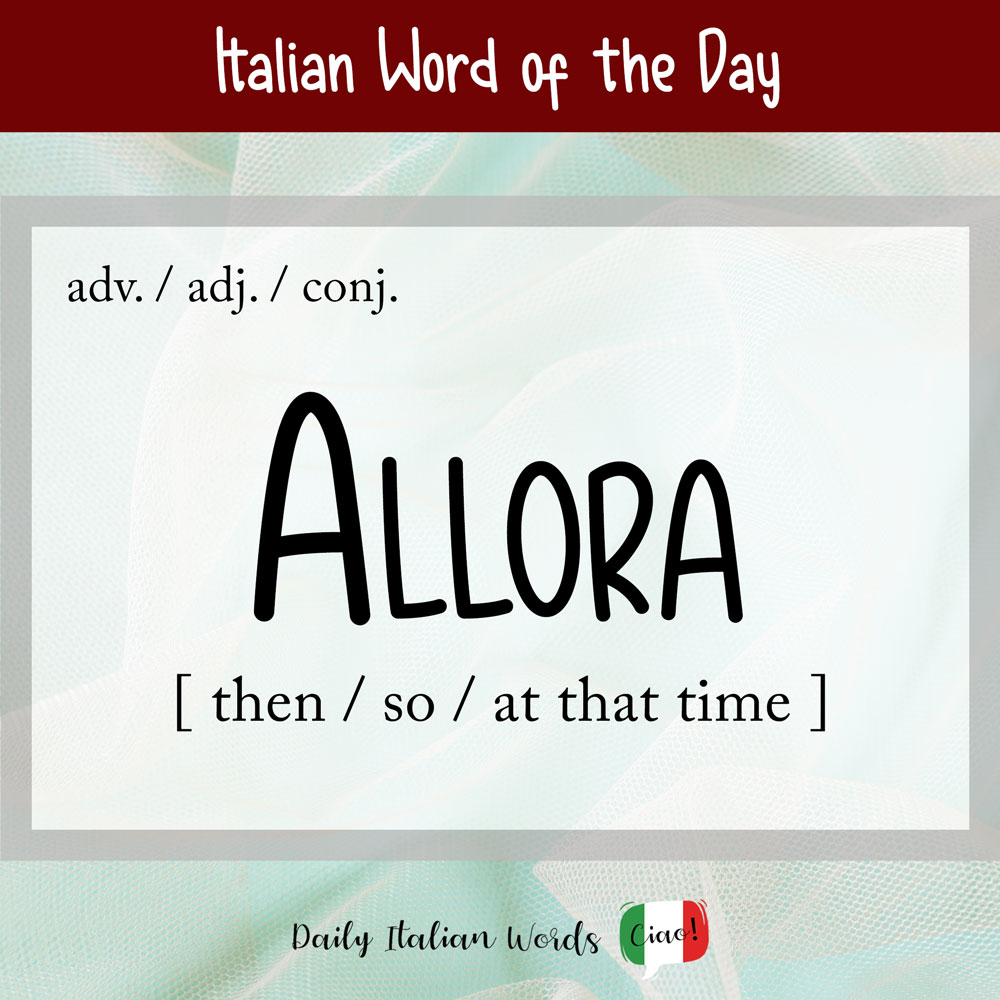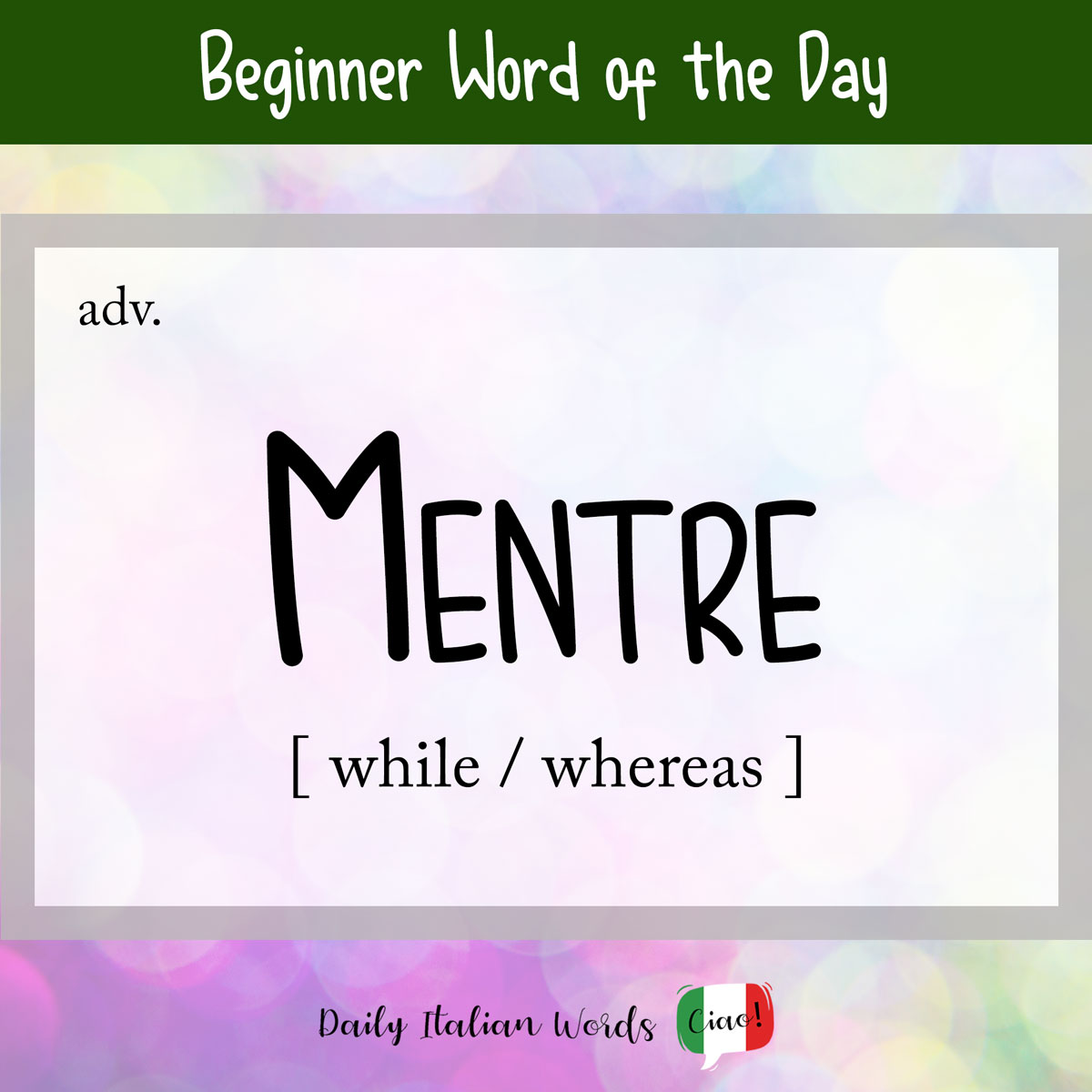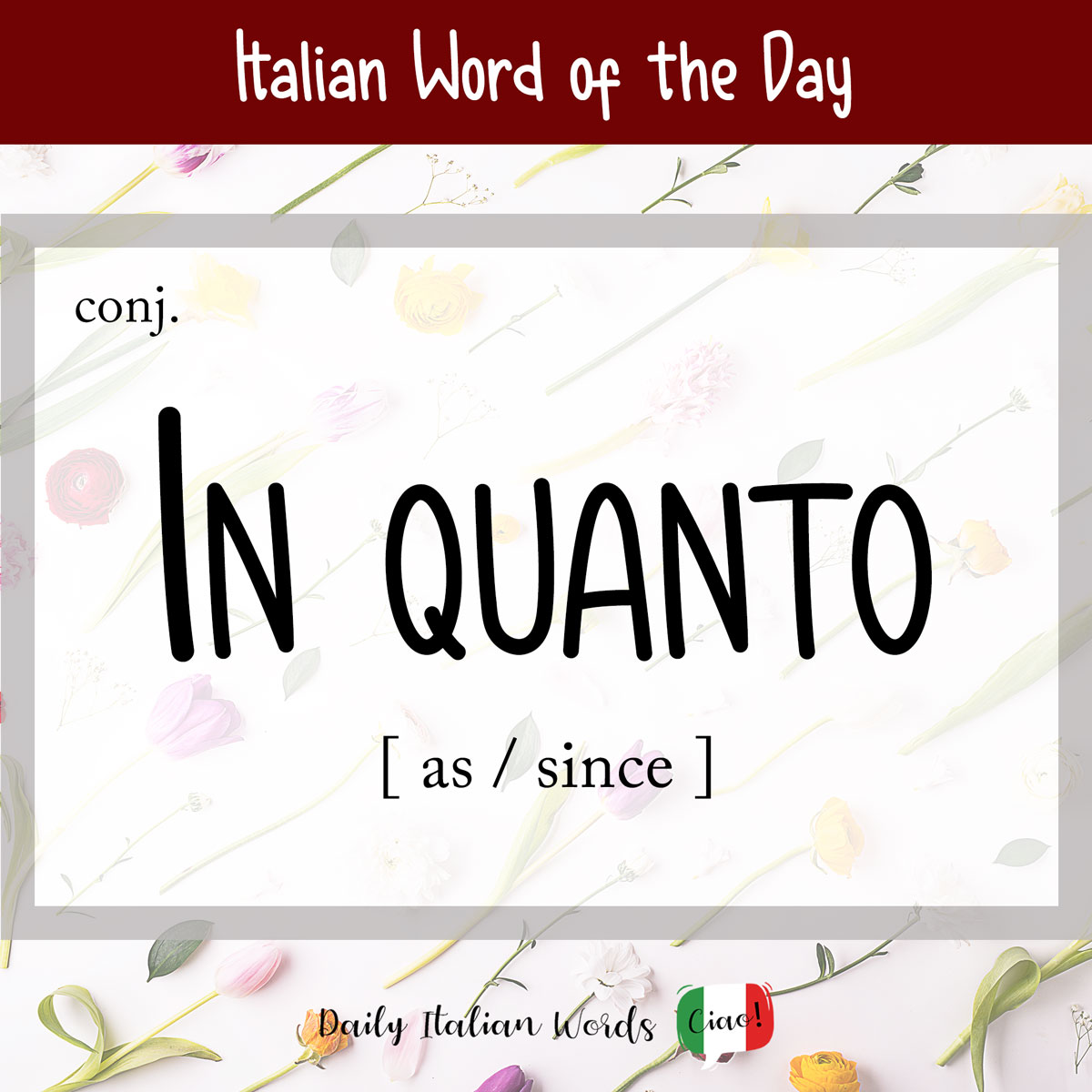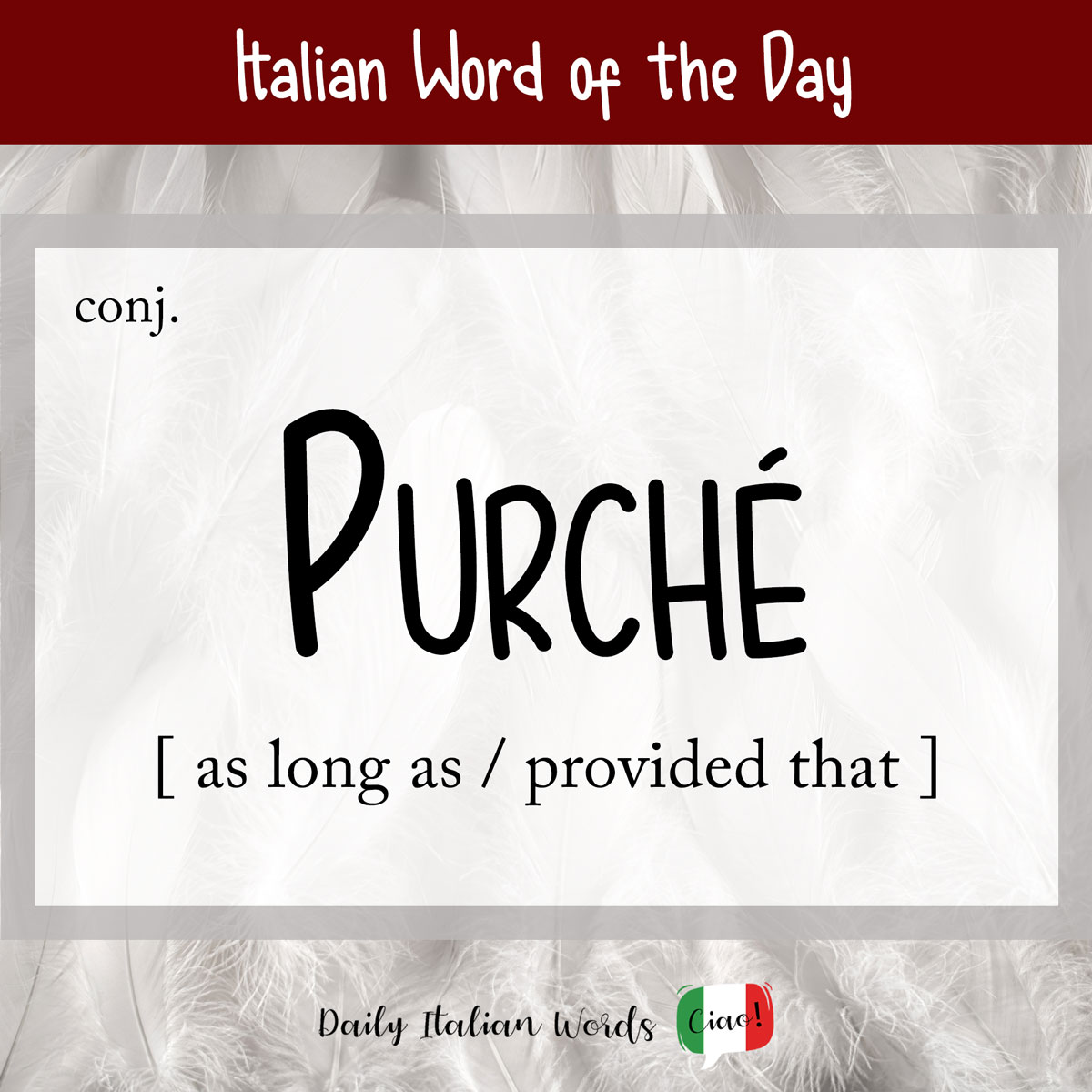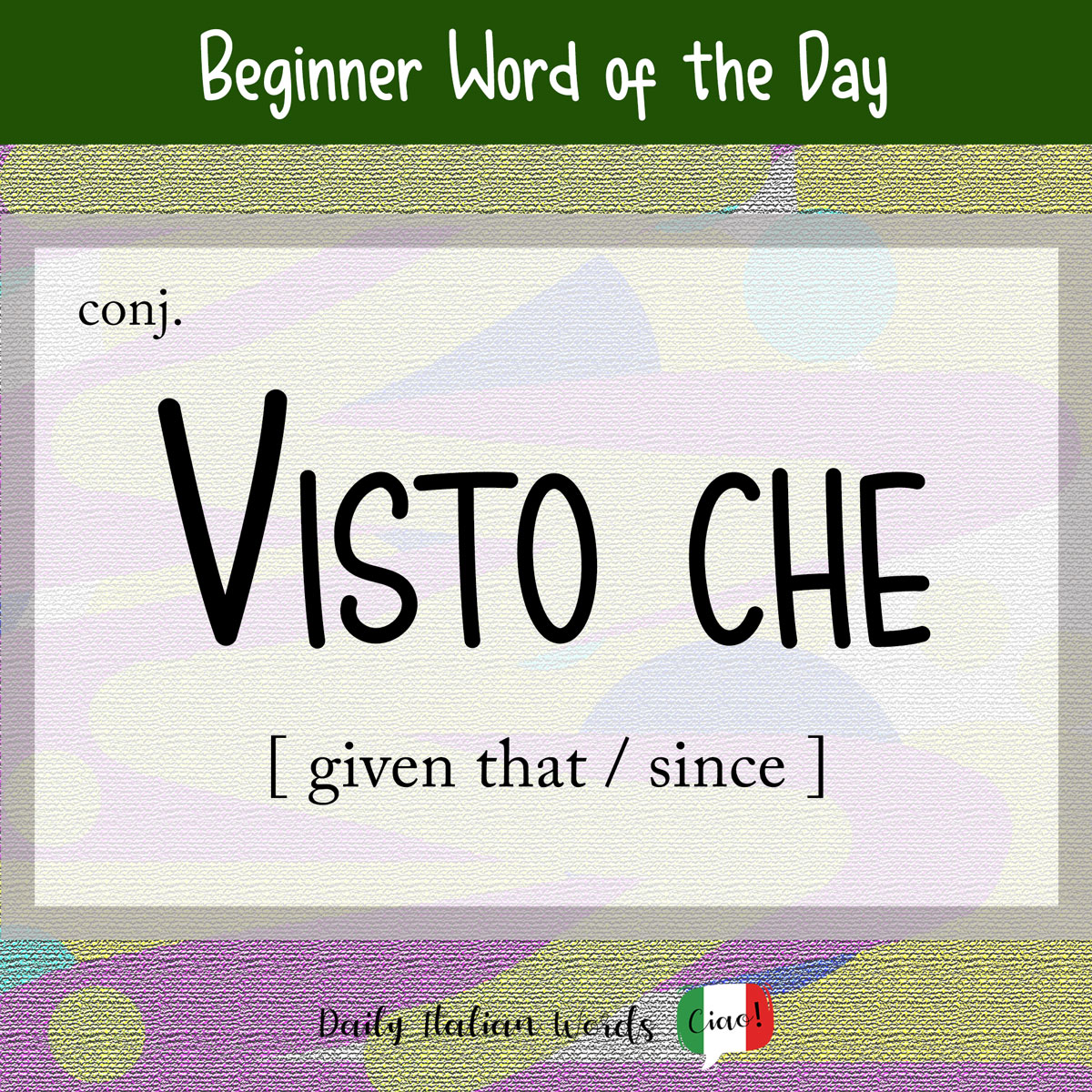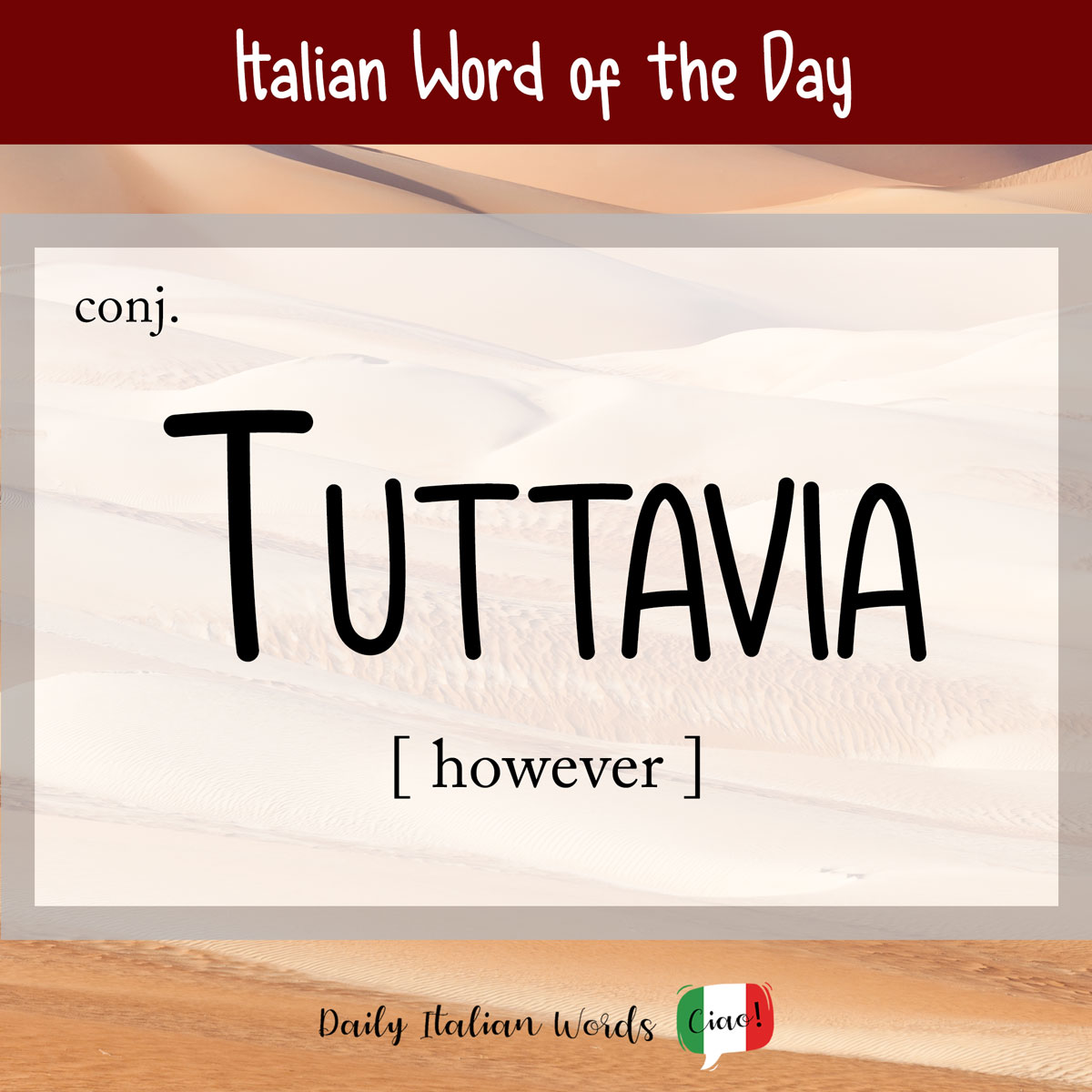Italian Word of the Day: Allora (so / then / at that time)
An Italian word that many of our readers and followers on Facebook have been requesting is allora, so let’s dive straight in! Allora is an extremely flexible word in that it can function as an adverb, conjunction or adjective depending on how it is used in a sentence. We’ve decided this article into three sections …

